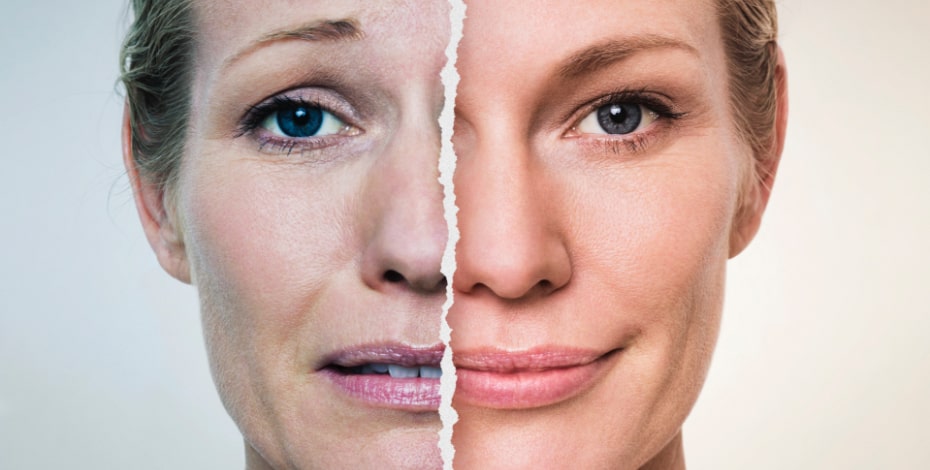
First aid is not just for the body

There are positive impact physiotherapists have in maintaining patient mental health, highlighting the benefits of completing the mental health first aid course, which is now an APA online offering.
A mind and a body—we all have both. When our mind and body are both healthy, we feel on top of the world. When one is not well, we find life a bit more of a struggle.
Physiotherapists understand very well how our physical health can fluctuate between good and poor.
Just like our physical health, our mental health moves between good and poor.
Unfortunately for some people, the swing to the negative side can result in mental health problems.
Lots of factors affect our mental health, including our gender, our disposition, our genetics, our connectedness with other people, and our physical health.
Pain, disability and chronic physical health conditions are risk factors for poorer mental health.
I would suggest these make up most of the reasons why people seek physiotherapy treatment.
Maybe it is no surprise that physiotherapists report seeing more than the national average of one in four people with a mental health problem.
Physiotherapists have really good observation skills and I believe can recognise when a person is not mentally well.
Although we can’t make a diagnosis—we are not qualified to do so—we can tell when something is wrong.
We are caring people and we want to help everyone as best we can, but when it comes to talking to someone about their mental health we don’t always feel confident.
Knowing about mental health problems, knowing how to start a conversation to talk about your concerns, and having some idea about how to direct someone to access appropriate treatment makes us more confident to talk about mental health problems.
Some physiotherapists were lucky enough to cover this in their entry-level course, but sadly this is not the case for the majority.
The APA is trying to address this and is now proud to offer Mental Health First Aid (MHFA) taught by APA members who are also accredited MHFA instructors.
In a MHFA course you will learn about signs and symptoms of anxiety, depression, psychosis and substance use disorders, how to approach a person to discuss their mental health problems and how to assist them to seek appropriate help.
The course also teaches how to recognise if a person is experiencing a crisis and how to manage this situation.
Traditionally, MHFA has been taught face to face over 12 hours and while this is the MHFA preferred method of teaching.
In response to COVID-19, the course has also been adapted for online delivery. This blended learning course consists of five to seven hours of self-paced e-learning followed by two, 90-minute ‘face-to-face’ tutorials held via Zoom.
Talking about mental health problems helps in many ways. It helps reduce stigma about mental illness, it helps build trust with people experiencing mental health problems, it also helps show that you are concerned about someone.
When a physiotherapist talks to a patient about concerns for their mental health, it shows that you see them as a whole person and not just as a body part.
In regards to what you will take away from participating in this course, this is best summed up by Ellen Lake, Queensland chair of the APA Mental Health Group, who has provided a testimonial on her experience with the course.
‘In the first week after completing MHFA training, a WorkCover client presented for their clinic appointment in the midst of experiencing a manic crisis, triggered by drug use.
'The same client had previously disclosed a comorbidity of bipolar disorder, with recent cessation of prescription medications due to concern for weight gain.
'Through applying the principles and response structure I learned through MHFA, I was able to confidently, competently and compassionately assist this client in a way which favoured best outcomes for their physical and mental health and ultimate their return to work.
‘This experience reinforced for me the value of MHFA training in working with clinical clients in the community.
'Statistics tell us that one in five people will experience mental illness in any one year.
'In the clinics I work in, however, the presentation prevalence of mental illness comorbidity is much higher. I was very much struck by the fact that, with all that was going on for this courageous client, they attended their appointment, saying “I need help.”
'MHFA helped me to be able to do just that, in a way which also supported my wellbeing as a practitioner.’
>> Click here to find out more about the Mental Health First Aid Courses available.
Dr Joanne Connaughton is an adjunct at the University of Notre Dame Australia, having retired from the Dean’s position in 2018. She is chair of the APA Mental Health Group, and is the Australian representative on the International Organisation of Physiotherapist in Psychiatry and Mental Health.
© Copyright 2024 by Australian Physiotherapy Association. All rights reserved.





